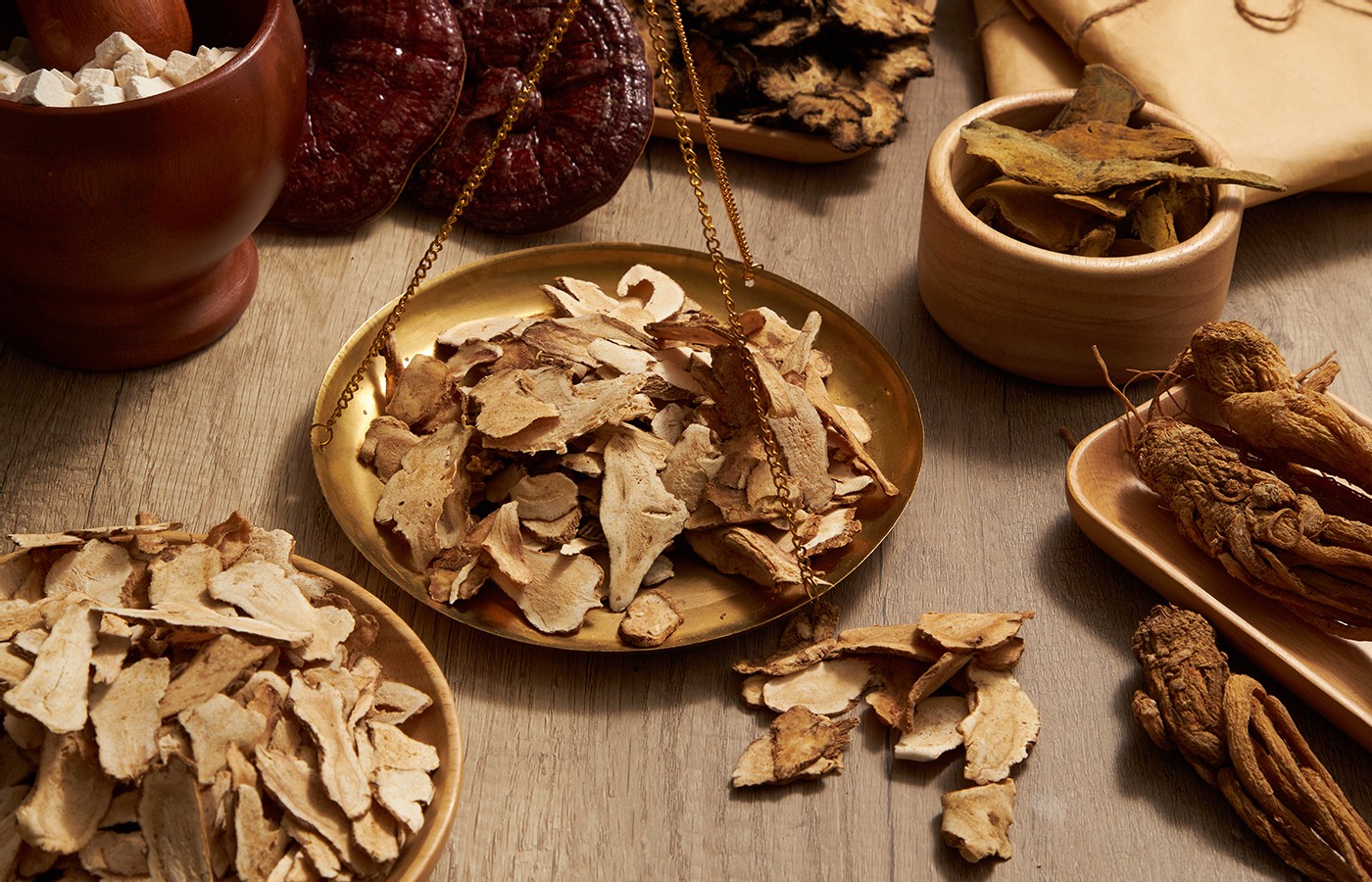The most important relationship I seek to nurture in the treatment room is the one a patient has with their own body. We live in a culture that teaches us to override pain, defer to outside authority, and push through discomfort. Patients often arrive hoping I can “fix” them, but the truth is, we can’t do the work for them. We can offer guidance, insight and support, but healing requires their full participation.
A TCM Understanding of PCOS and PCOS-Friendly Herbal Formulas (Pt. 1)
- Even though the PCOS population is growing, the available treatment from conventional medicine is limited.
- As an acupuncturist and herbalist, I am confident in saying that acupuncture and Chinese herbal remedies can significantly improve PCOS.
- Although acupuncture is effective in treating PCOS, Chinese herbal remedies can be cost-effective and resolve symptoms more quickly.
According to the PCOS (Polycystic Ovarian Syndrome) Awareness Association, PCOS patients outnumber the combination of patients diagnosed with breast cancer, rheumatoid arthritis, multiple sclerosis, and lupus. The greatest concern we face related to PCOS is infertility. Due to irregular periods and anovulation, women of childbearing age struggle to find their fertile window every cycle.
Even though the PCOS population is growing, the available treatment from conventional medicine is limited. The most common treatment from gynecologists is birth control pills to regulate hormone imbalance and metformin to manage insulin resistance. Although they can manage the symptoms, they are not a cure.
PCOS patients are often referred to fertility specialists for IUI and IVF treatments to achieve pregnancy. However, the risk of early pregnancy loss among PCOS patients is 30%-50%, which is much higher than without PCOS (10%-15%), and the risk of gestational diabetes and pre-eclampsia during pregnancy is more than doubled.1
As an acupuncturist and herbalist, I am confident in saying that acupuncture and Chinese herbal remedies can significantly improve PCOS by aiding ovulation, promoting a healthy environment in the uterus for pregnancy, reducing the risk of miscarriage, and decreasing pregnancy complications.
Diagnostic Clues
When diagnosed through ultrasonography, patients with PCOS exhibit an ovarian morphology with higher volume (≥ 10ml) or follicle numbers per section (≥ 10 in at least one ovary in adults).2 It is possible that dampness, particularly cold-damp, fills the tiny follicle sacs and causes the ovary to appear swollen.
Body basal temperature also reflects the presence of cold-damp. During ovulation, after LH surges, women’s body temperature rises above 97.6 F and stays high during the luteal phase. In most PCOS cases, BBT charts show that the temperature stays below 97.5 F, and ovulation usually does not occur. Therefore, removing the (cold) damp/phlegm blockage in reproductive organs is the golden key to PCOS treatment.
Symptoms
Western diagnosis holds that the most common symptoms of PCOS outside of the reproductive system are acne, hirsutism, hyperpigmentation, and oily skin. However, it is hard to comprehend PCOS if we only focus on symptoms because they are not necessarily seen in all PCOS cases, and the symptoms are somewhat random and irrelevant to each other.
The symptoms of PCOS should be understood in the context of the whole body from a holistic perspective. The more common symptoms based on the TCM diagnoses I have found from the majority of PCOS patients are:
- Chronic fatigue with energy drop during the day
- Cold lower body, often with cold feet, knees, and butt, while heat symptoms appear in the upper body, such as acne and oily skin
- A lack of sweating, even after intense exercise, due to cold-damp blockages that impede circulation
Primary TCM Cause
The primary cause of PCOS I have observed from patients at the infertility center is a blockage of damp/phlegm in the lower jiao, which is deeply rooted in a deficiency in spleen qi or kidney yang, or a combination of both.
I often use a metaphor of the water and fire imbalance to explain PCOS to my patients. The water overflows due to spleen qi deficiency and accumulates in the pelvic cavity due to the lack of fire (ming men fire), resulting in the reproductive organ becoming a swamp that cannot reproduce any life. Therefore, the treatment should aim to stop the production of excessive dampness by strengthening SP qi and drying up the dampness by adding kidney yang (ming men fire).
When a fire ignites and water stops flowing in, the swamp dries and becomes fertile ground for seeds to sprout. It will take time, but this is how we treat the root cause. The ground can replenish to produce life continuously once the swamp is cleared.
Herbal Interventions
Although acupuncture is effective in treating PCOS, Chinese herbal remedies can be cost-effective and resolve symptoms more quickly. Below are some basic herbal formulas that I frequently use to treat PCOS. Depending on the primary cause of PCOS and the major symptoms experienced by each patient, we can select the most suitable formula and modify or change it as treatment progresses.
- To stop producing dampness by strengthening spleen qi deficiency: Dang Gui Shao Yao San, Ba Zhen Tang, Shi Quan Da Bu Tang
- To boost kidney yang by adding ming men fire: Wen Jing Tang, Ba Wei Di Huang Wan
- Other herbal formulas
If someone asks me about the three most essential single herbs for treating PCOS, I would choose fu ling, bai zhu, and rou gui. These herbs are the main ingredients that compose Ling Gui Zhu Gan Tang. Therefore, depending on a patient’s current symptoms, many PCOS-friendly formulas can be created based on Ling Gui Zhu Gan Tang as a base formula.
Editor’s Note: References supporting the in-text citations accompany pt. 2.



